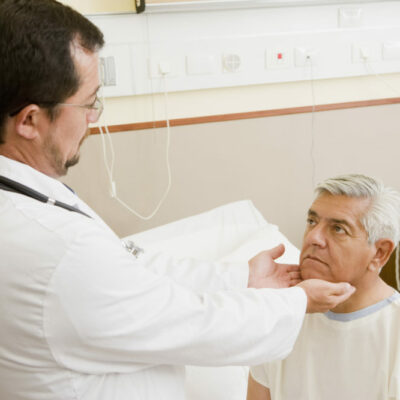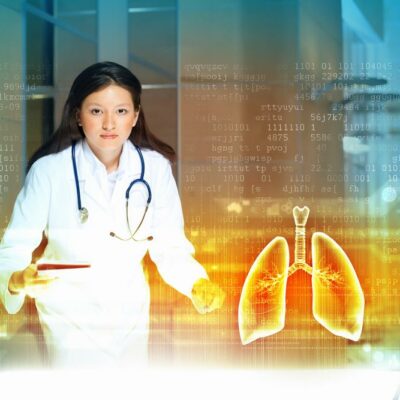
Health
Thyroid Disease Hyperthyroidism vs. Hypothyroidism
The thyroid is a small butterfly shaped gland located at the front of the neck. It produces the essential hormones that coordinate the metabolic functioning of the body. This gland mainly produces two hormones: T4 or thyroxine and T3, or triiodothyronine. These hormones are stimulated by TSH produced by the pituitary gland. The precursor molecule of the thyroid hormone is iodine. Iodine is supplemented to the body through foods like common table salt. Deficiency of iodine can lead to a number of thyroid diseases. Even excessive thyroid hormone production can cause a number of ailments. What’s the difference between hypothyroidism vs. hypothyroidism? 1. Hyperthyroidism Hypothyroidism is a condition that arises due to the over-stimulation of the thyroid gland. There are several reasons for the over stimulation, one of the common cause is the Graves’ disease, an autoimmune disorder that causes the immune cells to attack the healthy cells of the thyroid gland. Due to these attacks, the gland becomes over stimulated, producing more hormones than required. Hyperthyroidism is less commonly caused by toxic nodular or multinodular structures. An excess of thyroid hormone due to hyperthyroidism may cause the following symptoms: Too fast metabolism Accelerated heart rate and palpitations Hands and legs shake Muscle weakness Frequent bowel movements Anxiety and agitation Excessive sweating Loss of weight Bulging eyes Osteoporosis Irregular menstruation in women 2.
Read More 















